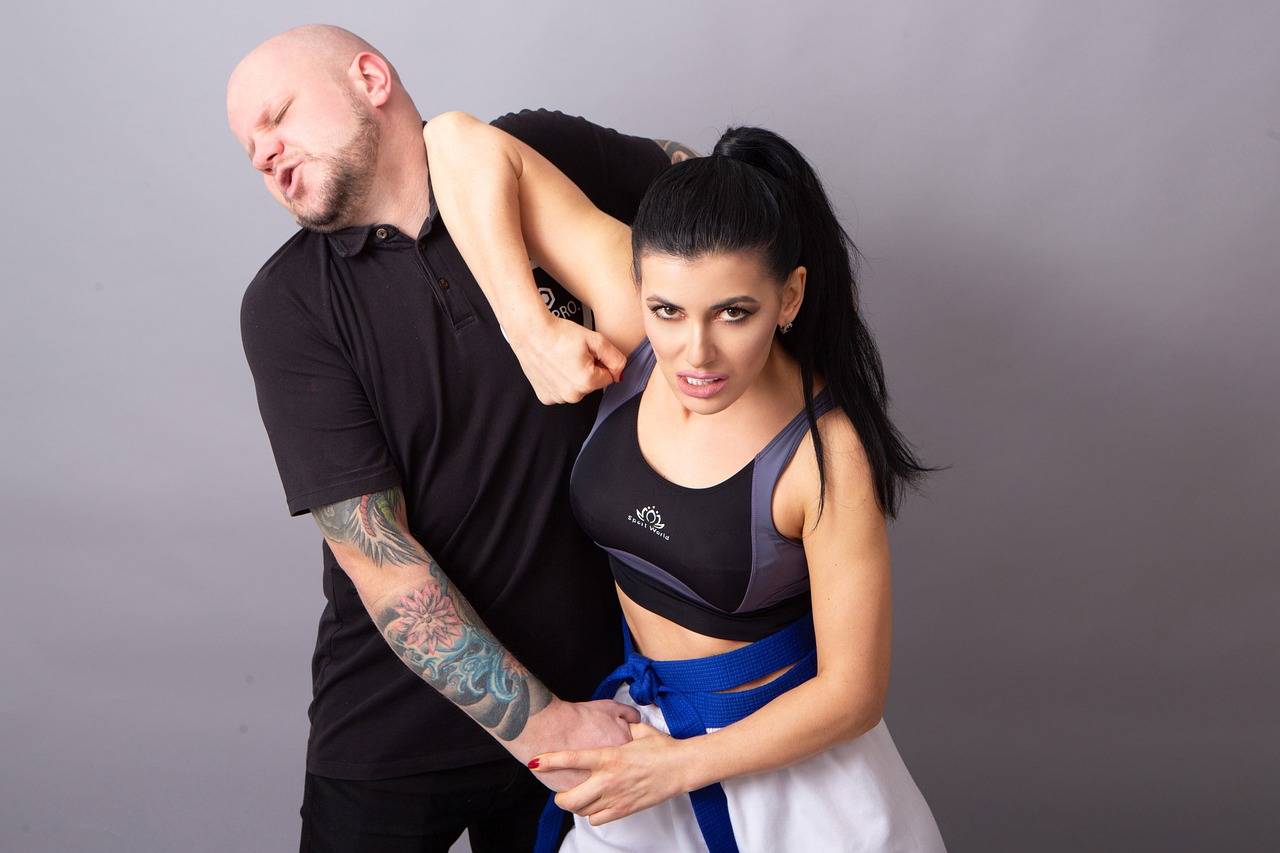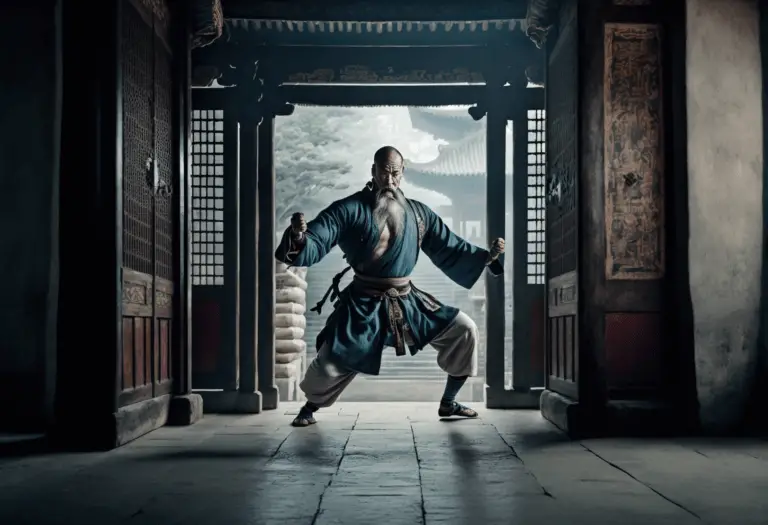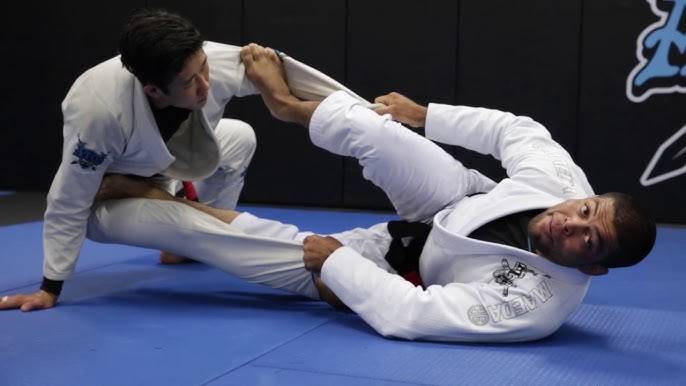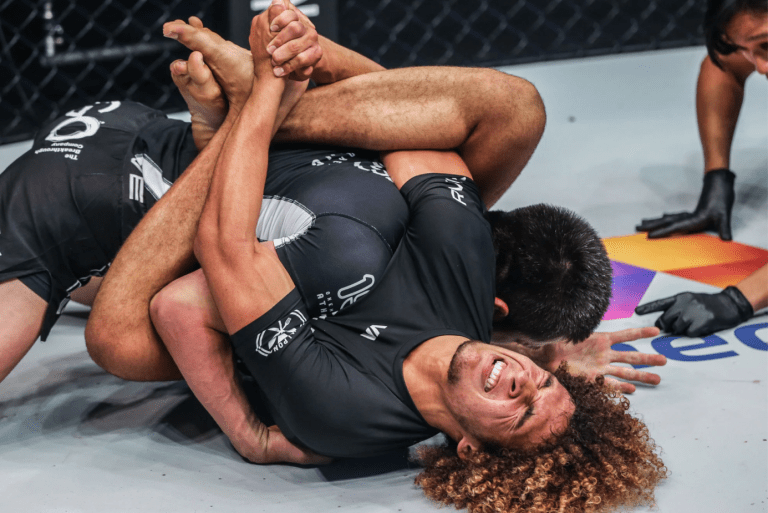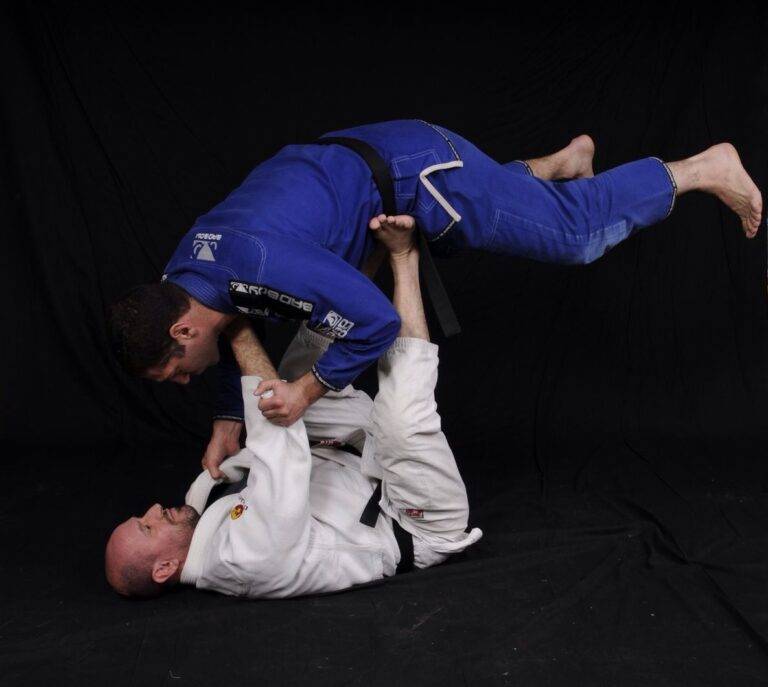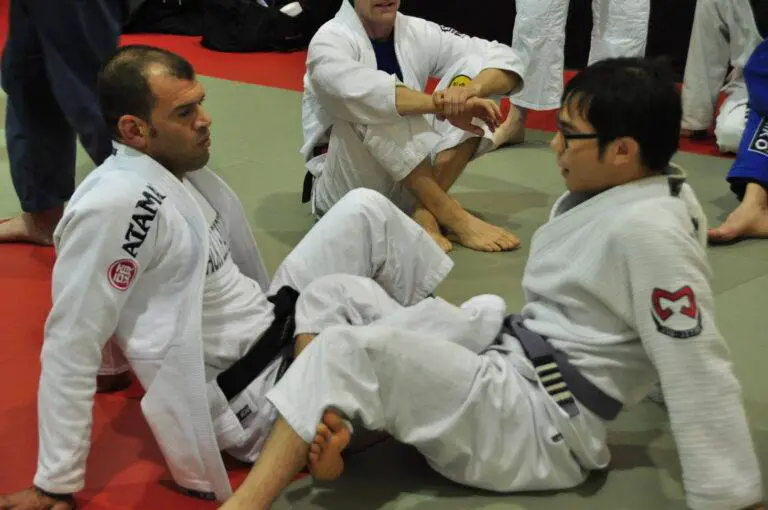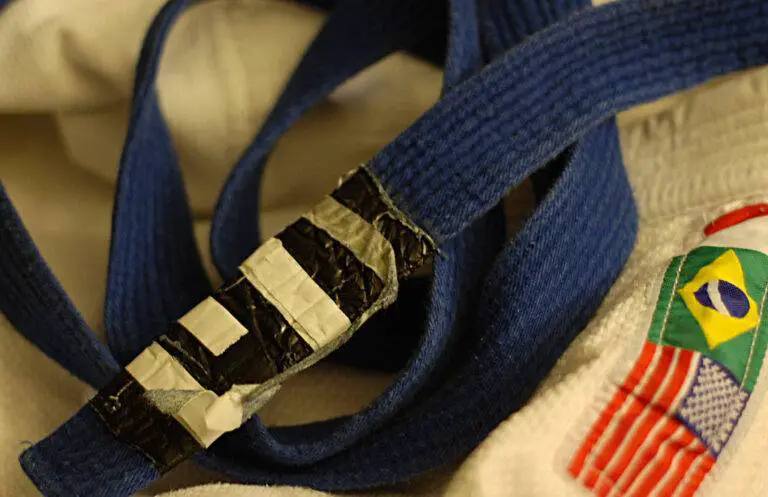Is Jiu Jitsu Goof For Self Defense?
BJJ is often touted as a great form of self-defence, but is this claim really true? In this article, we’ll explore the benefits of Jiu Jitsu for self-defence and examine the reasons why it is an effective form of martial arts for protecting oneself.
Note: While Jiu Jitsu and BJJ tend to be synonymous terms, it is true that ‘Jiu Jitsu’ tends to refer to traditional Japanese Jiu Jitsu. This is distinct from BJJ in a few ways. But for the purposes of self defense they are very closely related, as we shall explore in this article.
Introduction
When we think of self-defence, the common scenario is a situation where we need to defend ourselves against an attacker on the street. While BJJ can certainly be useful in these scenarios, it’s important to remember that self-defence is not just about physical confrontations. Self-defence also involves spatial awareness, de-escalation techniques, and knowing when to avoid dangerous situations altogether.
That said, BJJ is an effective martial art for self-defence because it teaches practitioners how to control an opponent and bring them to the ground. Here are some of the ways that BJJ can be useful for self-defence:
1. BJJ teaches self-defence techniques that work in real-world situations
One of the biggest advantages of BJJ for self-defence is that it teaches practitioners how to handle physical altercations in a safe way that minimizes injury. Unlike some martial arts that focus on power, strength or flashy moves that only work in a controlled environment, BJJ is designed to be effective for people of any size or athletic ability who find themselves in a one-on-on violent altercation.
BJJ practitioners are taught a range of techniques that are specifically designed for self-defence, including:
- Controlling distance and space: This is crucial when facing an aggressive attacker. The person who controls the space will control the fight.
- Escapes from common street attacks: BJJ teaches practitioners how to escape from common street attacks such as headlocks, bear hugs, and chokes.
- Ground fighting: BJJ is particularly effective in ground fighting scenarios, which can be common in real-world altercations. BJJ practitioners learn how to take their opponents to the ground and utilize a variety of holds, pins and submissions to control the attacker and minimize injury.

2. BJJ teaches practitioners how to stay calm under pressure
One of the most important aspects of self-defence is being able to stay calm under pressure. In a real-world situation, it’s easy to panic and lose control, which can make the situation worse. BJJ teaches practitioners how to stay calm under pressure and think clearly, even in high-stress situations.
This is particularly important in ground fighting scenarios, where it can be easy to get overwhelmed. Jiu Jitsu takes a systematic approach based on controlling distance and minimizing damage. There is a hierarchy of positions that prioritize defensiveness (example, creating frames using arms or feet to protect yourself and begin to disengage).
3. BJJ teaches practitioners how to use leverage and technique to overcome larger opponents
In a self-defence scenario, it’s not uncommon to be faced with an opponent who is larger and stronger than you. BJJ teaches the use leverage and technique to overcome larger opponents, and use their aggression and strength against them.
BJJ is based on the principle that a smaller, weaker person can successfully defend themselves against a larger, stronger opponent using leverage and technique. By learning how to use their opponent’s strength against them, BJJ practitioners are able to control the situation and defend themselves effectively.
4. BJJ teaches practitioners how to avoid dangerous situations
While BJJ is a great form of self-defence, it’s also important to remember that the best way to defend yourself is to avoid dangerous situations altogether. BJJ teaches distance management but also the awareness to avoid confrontation where possible. For example, the idea of a “technical standup” is to protect your face so that you can get up and get away safely.
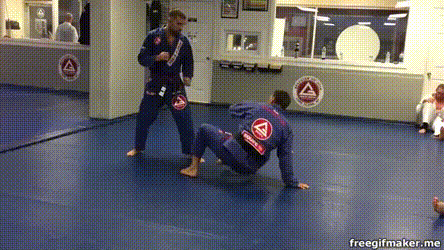
Another attribute of jiu jitsu practitioners is their patience and humility. Because they get beat up and lose so often in training, it makes them less aggressive and less willing to seek out conflict to boost their ego. In a physical altercation it’s more likely that a BJJ person will prefer to de-escalate through words before resorting to any kind of physical struggle.
5. BJJ helps build confidence and mental toughness
Self-defence is not just about physical strength and technique – it also requires mental toughness and confidence. BJJ can help build both of these extensively.
Through consistent and long-term training, practitioners learn to push through physical and mental barriers, which can help them develop greater confidence and resilience. They also learn to trust in their own abilities, which can be invaluable in a self-defence scenario.
6. BJJ improves overall fitness and health
In addition to its self-defence benefits, BJJ is also an excellent way to improve overall fitness and health. Consistent training is intense and physically demanding, which can help practitioners build strength, endurance, and cardiovascular fitness.
Moreover, jiu jitsu training is a full-body workout that engages all major muscle groups, which can help practitioners develop balanced strength and avoid common injuries associated with imbalanced training.

Conclusion
Brazilian Jiu Jitsu is an effective form of martial arts for self-defence because it teaches practitioners how to handle physical altercations in real-world situations. It teaches self-defence techniques that work in real-world scenarios, helps practitioners stay calm under pressure, and teaches them how to use leverage and technique to overcome larger opponents. Additionally, BJJ teaches practitioners how to avoid dangerous situations, builds confidence and mental toughness, and improves overall fitness and health.
While no martial art can guarantee 100% effectiveness in self-defence scenarios, BJJ is widely recognized as one of the most effective forms of martial arts for self-defence. By learning BJJ, practitioners can gain the skills and confidence they need to defend themselves effectively and stay safe in a variety of situations
Related: Check out this article on BJJ for Women’s Self Defense.
- Buggy Choke: The Complete Guide - March 6, 2024
- Jiu Jitsu World League: Your Complete Guide - March 5, 2024
- How much do UFC referees make? A comprehensive guide - March 5, 2024

